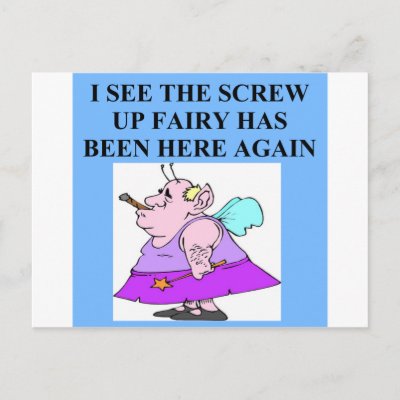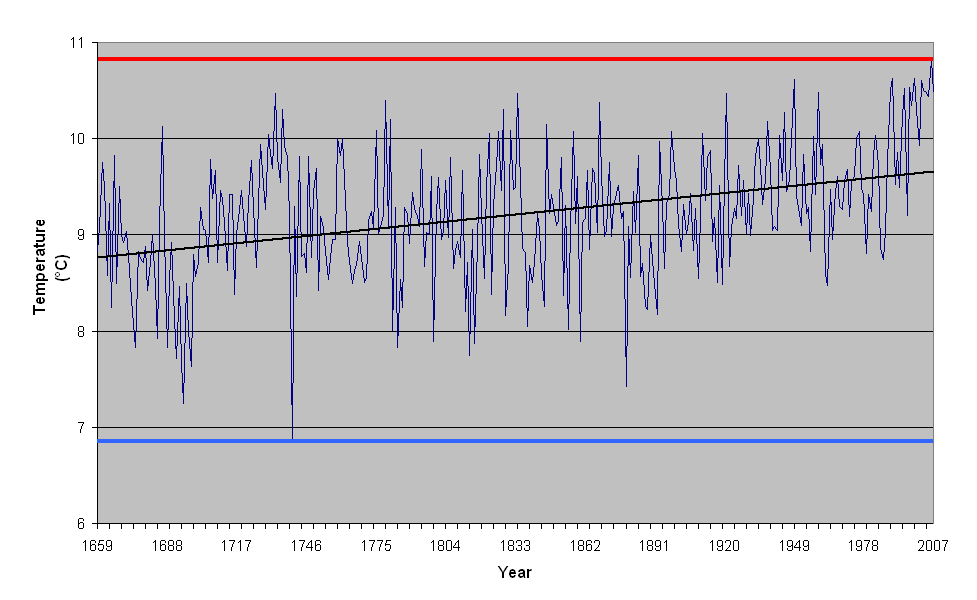A wonderful example of how bad science makes for bad policy and good politics, is the recent fiasco building sand berms to limit damage from the Gulf oil spill. This started as a bright idea of a local parish (read county) president in Louisiana and was quickly adopted by the state Governor, one Bobby Jindal. From the political side it had everything, an opportunity to appear to be acting, a wonderful club to bash opponents, particularly the Federal Government and President Obama and more. From the science side, not so much. The issues were clear early on, as summarized by Jeremy Remmers.
What it comes down to (the berms were expensive) is could the resources be better used elsewhere even though the theatrics were great. This is the background to a useful exchange on InItForTheGold, which pretty well shows why scientists can never be Pielke's "Honest Broker" and why nobunny should ever trust a Pielke "Honest Broker" Eli expects that this attaches to Roger also.I admire Louisiana Gov. Bobby Jindal, and, gulp, Sen. David Vitter, for standing up against BP and the federal government in demanding what they consider is the right approach to protect the state’s coastline from the Gulf of Mexico oil spill.
It isn’t, a boatload of scientists agree.
The in-your-face approach by the two Republican leaders as well as a contingent of angry parish presidents in their quest to build even tiny portions of a 128-mile protective wall of sand berms has won the admiration of frantic residents and the platitudes of their chief fan club back in New York City, Fox News. . . .
Here’s the deal folks. Compared to what’s-her-name, Louisiana’s former governor during Katrina, Jindal is a driving force and unquestionably is trying to do what he thinks is best to protect his state’s fragile coastlines. The problem is what he’s proposing, and threatening to take action into his own hands, is more of a political hail Mary pass than an engineering fix. It’s pie-in-the-sky, throw other people’s money at the wall and hope something sticks.
The simple fact is this: What Jindal wants in what skeptical engineers call “The Great Wall of Louisiana” will be washed out with the first tropical storm blowing off the Gulf waters.
Jindal’s original plan was to construct 128 miles of sand berms with 102 million cubic yards of seabed dredged from the coastline floor to bolster the barrier islands and absorb oil before it reaches sensitive marshes. It would cost $950 million and take nine months to build. The oil slick arrived two weeks ago and no end on the horizon.
Coast Guard Adm. Thad Allen, in charge of the government’s supervision of BP’s obligation to clean up the mess, said he reluctantly approved the first of six berm sites at Scofield Island, west of the Mississippi River as a prototype.
“There are a lot of doubts whether this is a valid oil spill response technique, given the length of construction and so forth,” Allen said. He ordered BP to pick up the estimated $360 million cost of the revised 45-mile-long berm.
BP spokesman Mark Proegler said: “The company will not assume liability for unintended consequences.” Although the state signed contracts with a dredging firm, BP has yet to provide the funding.
Roger's view of Bermgate is
What if the goal of the action is not to keep oil offshore, but to demonstrate to the public that politicians are "doing something"? In the drought of 2002 the city of Denver spent $1 million on cloud seeding, which was more PR than policy. Politicians take symbolic action all the time.Turns out there was excellent empirical evidence that seeding worked, and indeed it does at about the expected level, but what the heck, it "appears" to be an argument
In the sand berm case, the Honest Broker would present the options -- build berms, don't build berms, etc. and the range of consequences predicted to occur from relevant experts (which might include experts in beach processes as well as experts on public opinion). At that point it would be the job of politicians to decide what to do. Being an honest broker means clearly delineating advice from decision -- military intelligence long espouses this culture.In the discussion, Michael Tobis asked some questions
Now, the expertise has somehow moved from people who understand coastal dynamics to people who know how to trick people into believing that gross wastes of public dollars are heroic.
The latter group may be "experts" of a sort, but calling them "honest brokers" is a bit of a stretch, no?Michael is unrealistically polite. As we saw above Jindal WAS told by experts that the berms would not work, and most likely would cause more harm than good, but he pressed forward. So the question is what is the "Honest Broker" honest about?
Of course, the scenario is ludicrous. Nobody told Bobby Jindal "this won't work worth a damn". Bobby may be a bit of a fool about matters of science but I don't see any reason to expect him to be dishonest in this way. And even if he were willing to be so, he would not want someone testifying to that effect.
So Roger, what are you saying? It seems to me you are casting about rather urgently for some way to defend your taxonomy. I asked you, rather, to explain how the taxonomy would be useful under certain relevant scenarios.
Your response is silly, and does not actually help. What should somebody who saw the fiasco coming actually do to dissuade the government from being stupid and wasteful? Where would the Honest Broker come from in this situation, and what options other than "for *'s sake don't do this stupid thing" would they realistically have on offer?
See, we really don't understand this Honest Broker thing.And, as Eli has said before, what about using the Honest Broker as a restaurant guide in a strange city. If bunnies read the Honest Broker they find that the choices for locating the good carrots are rather peculiar
What sort of a job has the Honest Broker got? Who pays him or her? What behaviors are rewarded and how? Who asks for his or her Brokerage?
Certainly, the out of town visitor asking for restaurant advice example, which was the most fully fleshed out in the book, was far from compelling.But Hank Robert's nailed it
The four roles worked out to
1) indifferent to the point of rudeness
2) nutritionist
3) somebody whose uncle has a taco joint and
4) google.
Seriously, you don't act like that when a visitor asks for dining advice, do you?
Michael, those are good questions.
The 'honest broker' isn't -- ever -- someone who knows reliable information about sand berms.So we see that the "Honest Broker" is the PR guy behind the curtain, feeding quotes to Andy Revkin. And Andy, of course, guileless soul, prints them. And so it goes.
The 'honest broker' job -- really, perhaps covertly -- is the one RPJr switches to talking about when he reveals the little man behind the curtain: help the politician appear to be doing something long enough to get the headline and win the election.
The 'honest broker' is a political public relations role, not something a scientist would do at all.
Why? Because the opportunity just expanded:














